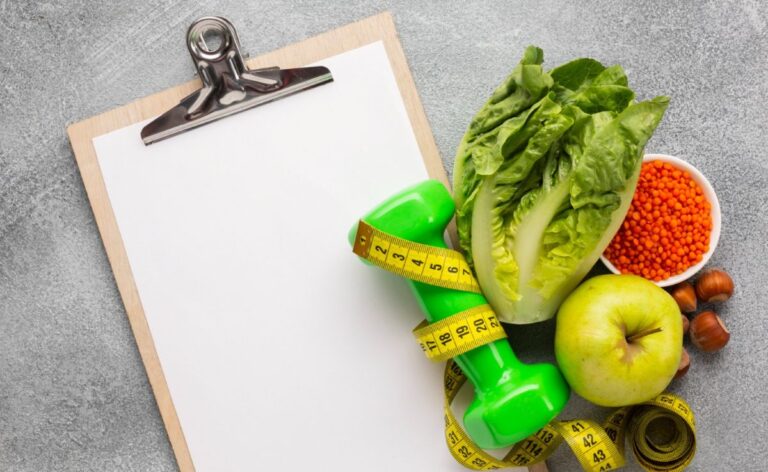If you’ve ever struggled to fall asleep—or stay asleep—you’re not alone. Insomnia affects many, disrupting not only nightly rest but overall quality of life. While cognitive behavioral therapy (CBT) remains the gold standard for managing chronic insomnia, new research offers hope for those looking to boost their sleep naturally: certain types of exercise may be especially effective.
According to a comprehensive review of 22 randomized controlled trials involving more than 1,300 people with insomnia symptoms, yoga, walking or jogging, and Tai Chi stood out as the most beneficial physical activities for improving sleep.
Why Exercise Helps Sleep—And Which Kinds Are Best
The idea that exercise improves sleep isn’t new. But this study, published in a peer-reviewed medical journal, dives deeper into which types of movement are best for people struggling with insomnia. Unlike past research that grouped all exercise together, this study differentiated between specific activity types to assess their unique effects.
Yoga emerged as the most beneficial exercise in terms of sleep quality and duration. Participants who practiced yoga saw:
- Nearly two additional hours of total sleep time
- A 16% boost in sleep efficiency (the percentage of time spent asleep while in bed)
- A 30-minute reduction in the time it took to fall asleep
Tai Chi, a gentle mind-body practice, also proved powerful—linked to over 50 extra minutes of total sleep time and significantly shorter time to sleep onset.
Even simple walking or jogging showed measurable improvements in sleep, including a nearly 10-point drop in insomnia severity, based on the study’s scoring system.
The Science Behind Sleep
How does physical activity improve sleep? Experts say it’s not just about physical exhaustion.
“Exercise can increase daytime energy levels, lift mood, enhance cognition, and improve the body’s ability to regulate stress—all of which can counteract the negative effects of insomnia,” explains Michael A. Grandner, PhD, director of the Sleep & Health Research Program at the University of Arizona.
Different types of exercise may also activate distinct sleep-supportive mechanisms:
- Walking or jogging may help balance sleep hormones by reducing cortisol (the stress hormone) and boosting melatonin production.
- Yoga, which emphasizes mindful breathing and relaxation, may raise levels of GABA, a calming neurotransmitter that plays a key role in sleep regulation.
- Tai Chi supports emotional regulation and encourages a parasympathetic state—promoting relaxation and preparing the body for rest.
Word of Caution
While the findings are promising, the researchers noted limitations. Many of the analyzed trials were small or had design flaws. Some studies lacked consistent methodologies, making direct comparisons more difficult.
Still, the trends are clear: gentle, consistent movement practices can supporthealthier sleep—especially when incorporated as part of a holistic wellness plan.
What Should You Try?
If you’re dealing with ongoing sleep problems, experts recommend first consulting with a board-certified sleep physician or a behavioral sleep medicine specialist. You can find qualified providers through the American Academy of Sleep Medicine or the Society of Behavioral Sleep Medicine.
That said, if you’re exploring lifestyle changes to support better sleep, consider trying:
- Yoga (even 15–30 minutes a few times a week)
- Tai Chi or other gentle movement practices
- Walking or light jogging, especially in the morning or early evening
The American Heart Association recommends at least 150 minutes of moderate exercise per week. But when it comes to sleep, it’s less about how much you do—and more about finding what works for you and sticking with it.
“Exercise in relation to sleep is not about getting tired,” Grandner notes. “It’s about preparing your mind and body to sleep better.”
So whether it’s rolling out a yoga mat, lacing up your sneakers for an evening walk, or joining a Tai Chi class, know that small, consistent steps can bring you closer to more restful nights.
Source: Health.com





